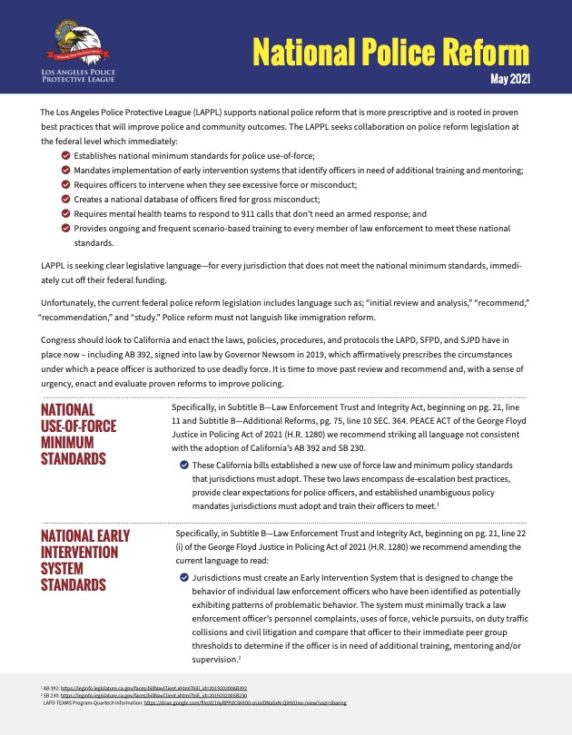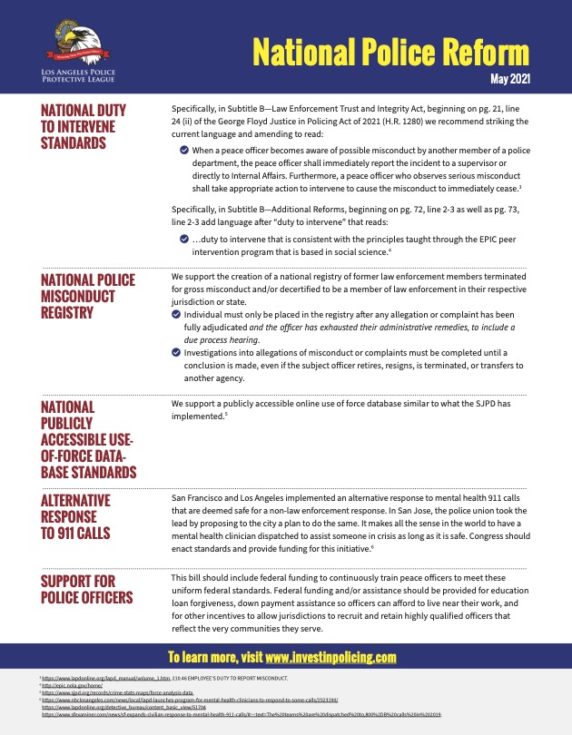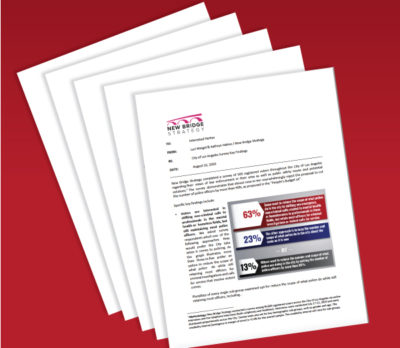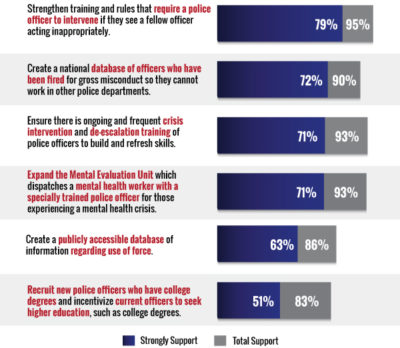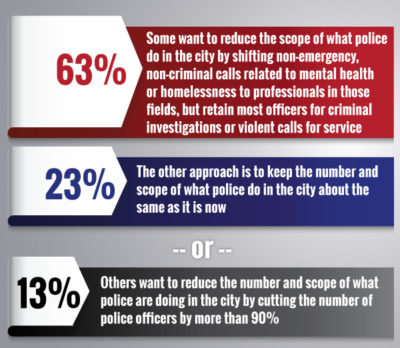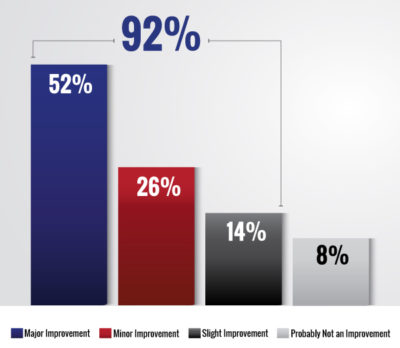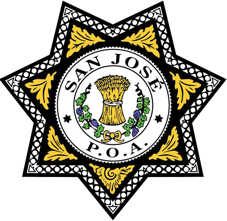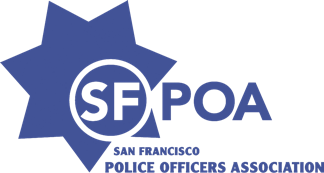No words can convey our collective disgust and sorrow for the murder of George Floyd. We have an obligation as a profession and as human beings to express our sorrow by taking action.
Newspaper Advertisements Expressed
Our Commitment to Invest in Better Policing
June 14, 2020
–Click to enlarge–
Defunding the police is not the answer.
Investing in better policing is.
The Defund the Police Myth

Enact police reform, stop studying it
Unfortunately, the current police reform legislation being debated in Congress will not enact substantive improvements to how our nation is kept safe. The Senate and House legislation are both hindered with language such as; “initial review and analysis,” “recommend,” “…disseminate…a report,” and “study.” These are not action words; it’s bureaucratic government speak that allows some to claim credit for doing something when, in essence, they are just kicking the can down the road.
It is imperative for our nation’s leaders to move beyond sound bites and the familiar Washington, D.C., gridlock that produces nothing more than task forces, hearings, reports, and recommendations. When it comes to improving policing, it’s time to actually do something. Congress should look west to see what the Los Angeles, San Francisco and San Jose police departments are actually doing to systematically improve outcomes when it comes to police and community interactions.
By Craig Lally, Tony Montoya and Paul Kelly, Opinion Contributors
May 23, 2021

Qualified immunity: 4 data-driven analyses of the doctrine that sometimes shields police from misconduct lawsuits
Qualified immunity: It’s a term percolating through the news media over recent weeks following the killing of George Floyd in Minneapolis police custody on May 25 and Breonna Taylor, shot and killed at home in Louisville, Kentucky, during a police drug raid on March 13 that netted no drugs.
The legal doctrine of qualified immunity, established in a 1967 U.S. Supreme Court case, says as long as government officials don’t break specific laws or violate constitutional rights while doing their jobs, they can’t be sued for monetary damages.
The doctrine doesn’t grant government officials immunity from paying damages — though they rarely do, research featured below finds. Qualified immunity is meant to protect officials from civil lawsuits being filed against them at all, according to the Legal Information Institute at Cornell Law School.
by Clark Merrefield
June 8, 2020

National Registry to Track Police Misconduct Being Tested in Los Angeles
A new effort to bring transparency and accountability to law enforcement is in development at University of California’s Safe Communities Institute. It is called the Law Enforcement Work Inquiry System, or LEWIS registry. It is named after late Georgia congressman and civil rights leader John Lewis. The LEWIS Registry is believed to be the first comprehensive national catalog of police officers who have been terminated or resigned due to misconduct.
The registry will use public records to document details of police officer misconduct. It is designed to prevent cops who have been fired, or have resigned, from getting rehired at another police department. The registry will document details such as excessive use of force, corruption, domestic violence, sexual assault, harassment, perjury, hate group affiliation, or filing a false police report.
By Lolita Lopez and Phil Drechsler
May 25, 2021



